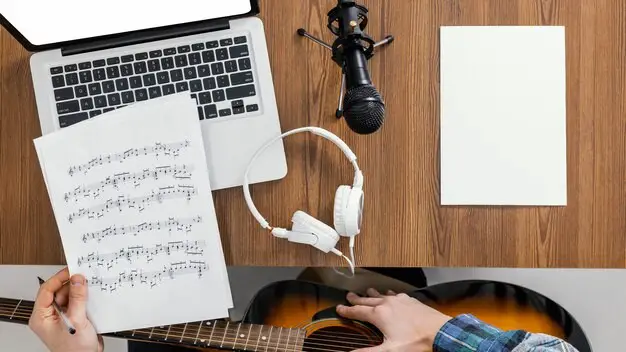It can be difficult for you to navigate the world of music licensing, especially if you are a business owner or event planner. To ensure compliance with licensing requirements and utilise the benefits of playing music in public spaces, it is important to understand PRS-exempt music. We'll go over the fundamentals of PRS PPL-exempt music in this blog post, along with some strategies that event coordinators and companies can use.
What is PRS PPL Exempt Music?
Licensing the use of music in different contexts is handled by PPL (Phonographic Performance Limited) and PRS (Performing Rights Society). PPL represents record labels and artists, whereas PRS oversees the rights of composers, songwriters, and publishers. Certain genres of music are known as PRS PPL-exempt music because they are not usually subject to the licensing payments needed for public performance.
Types of PRS & PPL Free Music
Royalty-Free Music
This type of music is created to be used without requiring recurring royalties or licensing payments. It's an affordable alternative to background music and is frequently used in commercial settings including restaurants, shops, and events.
Copyright-Expired Music
Music that is no longer protected by copyright is also regarded as PRS PPL exempt. These are usually older works for which public domain usage is permitted since copyright protection has expired.
Live Performances
Original music compositions performed live are not subject to PRS PPL licensing restrictions. It promotes live music events, emerging musicians, and local musicians.
Benefits for Businesses and Events
Because there are no licensing costs to pay while using PRS PPL-exempt music, companies and event planners may save a lot of money. It gives listeners more freedom to choose songs, enabling venues and events to create playlists without being constrained by licence contracts. Businesses and event coordinators may ensure compliance with music licensing requirements and avoid potential fines and legal concerns related to unlawful music usage by using PRS-free music.
How to Access PRS PPL Exempt Music
Companies and event planners can find a variety of songs appropriate for various uses by visiting any of the many websites that provide royalty-free music libraries. Moreover, music compositions whose copyrights have expired and are now freely available for public use can be found in public domain archives. Lastly, organising live performances at events enables companies to present their unique musical compositions without requiring licence agreements.
Best Practices for Using PRS PPL Exempt Music
- Verify Exemption Status
Before using any music, make sure to verify its exemption status to ensure compliance with licensing regulations.
- Keep Records
To prove compliance in the event of an audit or inquiry, keep account of all the music utilised in your event or company, including track titles, composers, and sources.
- Stay Informed
Stay informed about the changes in music licensing regulations and exemptions to adapt your music usage practices accordingly.
Last words
It is beneficial for businesses and event planners to understand PRS PPL-exempt music in terms of compliance, flexibility, and cost savings. They may reap the benefits of playing music while maintaining legal compliance by being aware of the kinds of exempt music that are available, gaining access to them through the proper channels, and following best practices.







